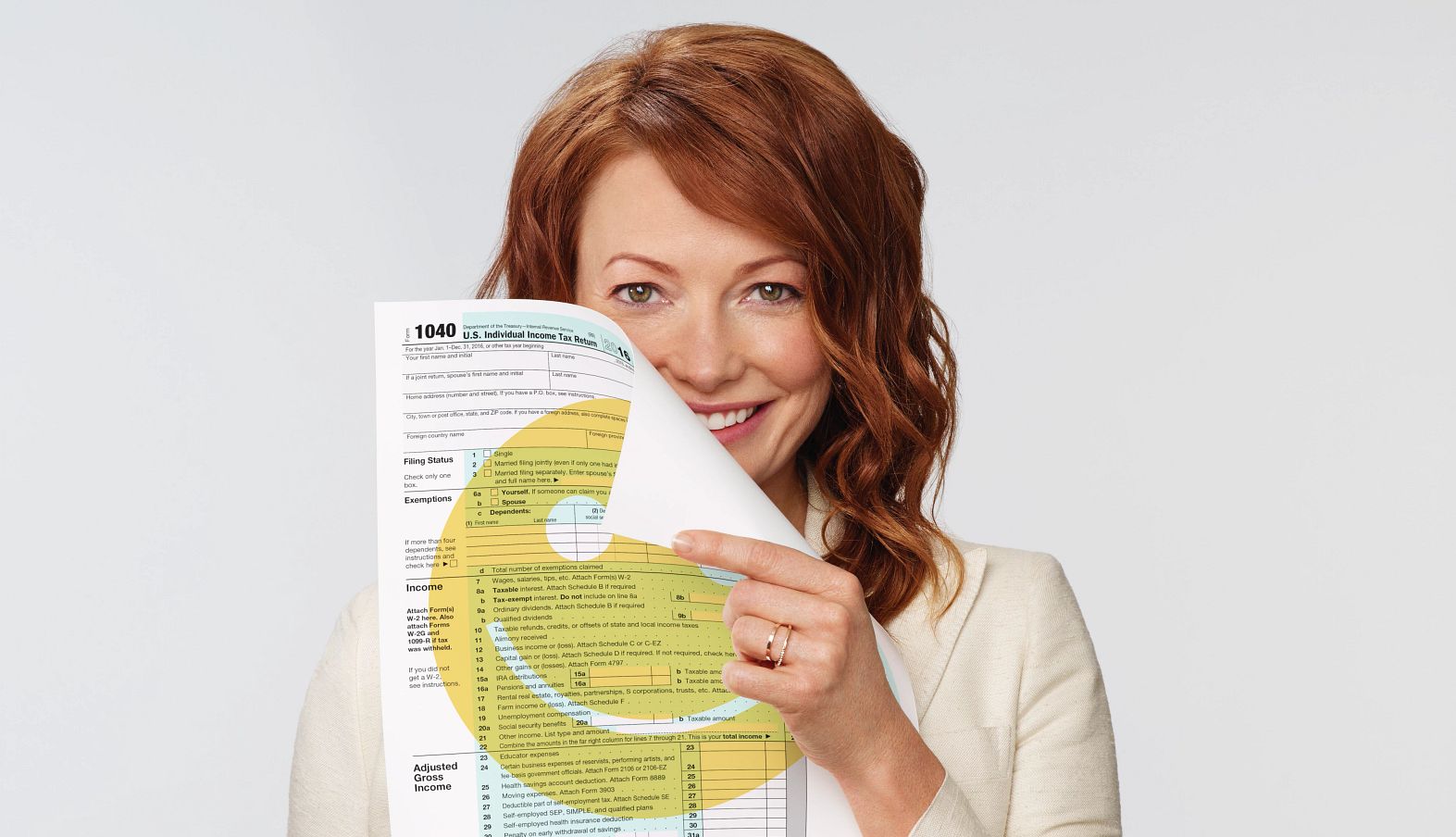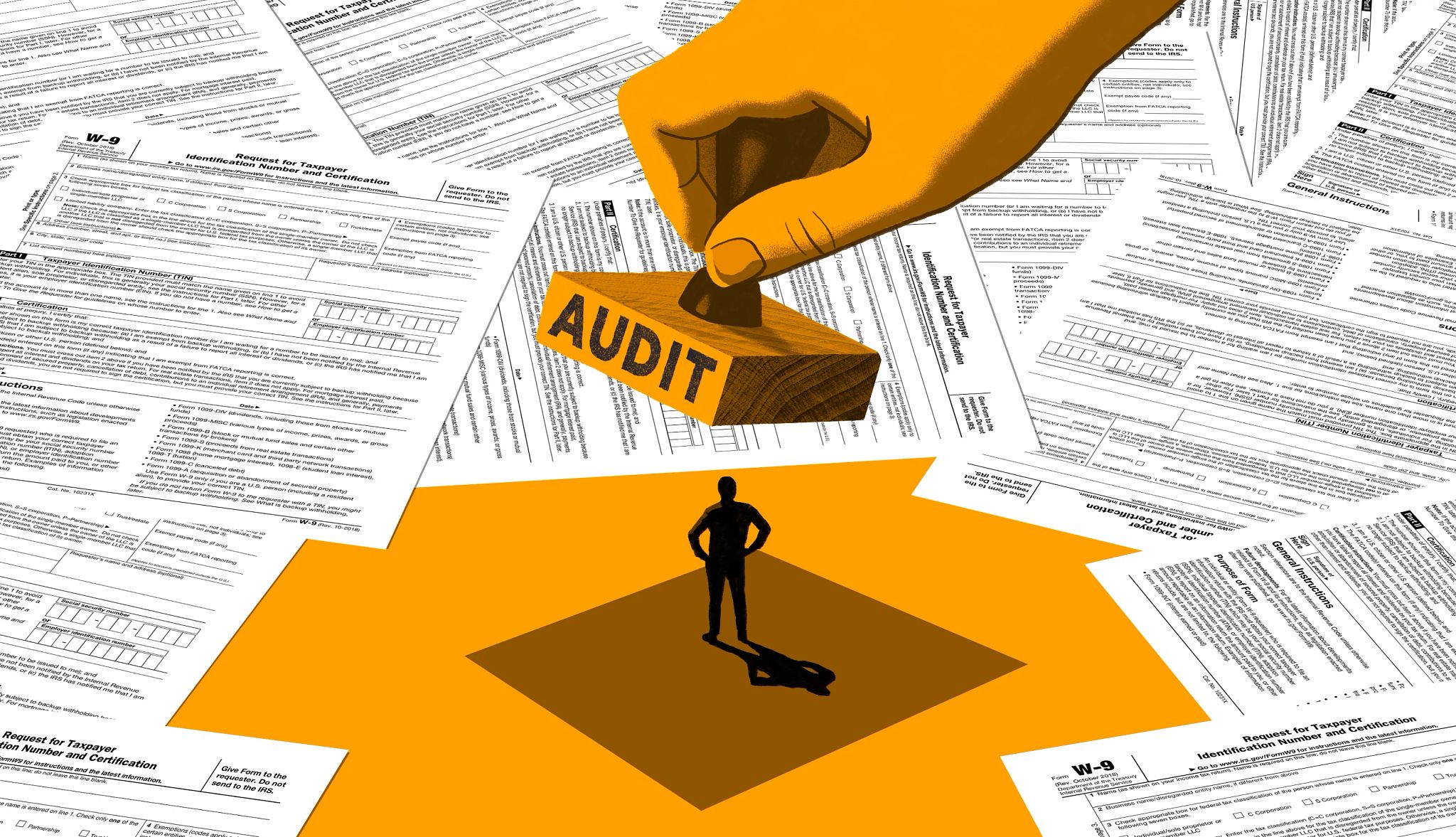Staying Fit
No one likes doing taxes, but the task is even more daunting when filing a return for someone who has died. If you are preparing a 1040 federal income tax form for a spouse or parent, you are grieving while also gathering tax records. If you are the executor of an estate, you may not know the history of the decedent’s tax situation nor have the access you need to important documents. To help alleviate the hassles, we talked to experts about how a decedent’s tax return might be different from the usual 1040 form, as well as pitfalls to avoid as you prepare to file.
Know marital filing status
A surviving spouse will file a joint return for the year of death and write in the signature area: “Filing as surviving spouse.” The spouse also can file jointly for the next two tax years if he or she has dependents and has not remarried. This special provision for qualified widows and widowers allows the surviving spouse to benefit from the advantages of a joint return, such as the higher standard deduction.


AARP Membership— $12 for your first year when you sign up for Automatic Renewal
Get instant access to members-only products and hundreds of discounts, a free second membership, and a subscription to AARP the Magazine.
“Typically, we see it as the surviving spouse or child, a trustee, a business partner in real estate, et cetera,” says Stephen A. Bonfa, a Brooklyn, New York, tax attorney. Personal representatives notify the IRS of their right to file the tax return by including Form 56 with the 1040, Bonfa adds.
This is your starting point. “That becomes your checklist of the documents that you’ll be expecting for the current year,” says Sheila Brandenberg, a CPA with clients in New York and New Jersey. If it’s a paper return, you need to find it. Returns filed electronically can be tricky if you don’t know the password to sign in to the software used or perhaps can’t even turn on the decedent’s computer where files are kept. An important step in estate planning is to give passwords to a trusted person or instructions about how to access that information after your death.
If you’re not a surviving spouse or didn’t live with the decedent, make sure you update the tax return to list your address as an “in care of” address. That way, any correspondence with the IRS will come directly to you. “Most tax programs have that line ‘in care of,’ ” Brandenberg says.
Assess medical costs
The deduction for medical expenses is the amount that exceeds 7.5 percent of adjusted gross income. Many people are fortunate that they don’t hit that threshold. But if the decedent was chronically ill, medical expenses can add up. Hospital stays, nursing homes and care from aides can push medical costs into the territory of being deductible.
Get extra time to file, make payments
There is no special treatment because someone has died; however, the executor or surviving spouse can benefit from provisions available to all taxpayers. If you can’t file by the deadline, request an extension and do your best to estimate what any tax liability might be. It will give you some breathing room to gather the paperwork you need to complete the return. Also, the IRS may give you a break on penalties for not filing because you were dealing with funeral arrangements, for example, but you have to cite a reasonable cause, Bonfa says.
The executor or administrator is never on the hook for taxes owed. “If the assets are not sufficient to pay the taxes, the administrator does not have any obligation to take money out of his or her pocket to pay the deceased taxpayer’s taxes,” Brandenberg says.
The IRS has three years to determine if you’ve paid the right amount for that tax year. But you can cut that time to 18 months by filing Form 4810, which is a request to the IRS for a prompt assessment of tax, according to Bonfa. As you prepare the return, you may miss a 1099 or other document, unintentionally understating income. If you skip filing Form 4810, the IRS could notify you of taxes owed up to three years later, likely after you’ve distributed the estate’s funds. “You’d have to go back to the people that you gave distributed assets to and say, ‘Give me some money back.’ So that's why they have this ability to have this done in a shorter time period. So it’s important to file that,” Bonfa adds.
If someone dies in January or February, you may be responsible for filing the tax returns for last year and this year. “It may not meet the filing requirements. Sometimes I’ll have people do it anyway, just to close things out. But they at least need to consider that there might be a filing obligation for that short period of time that the person was alive in this new year,” Brandenberg says.





































































